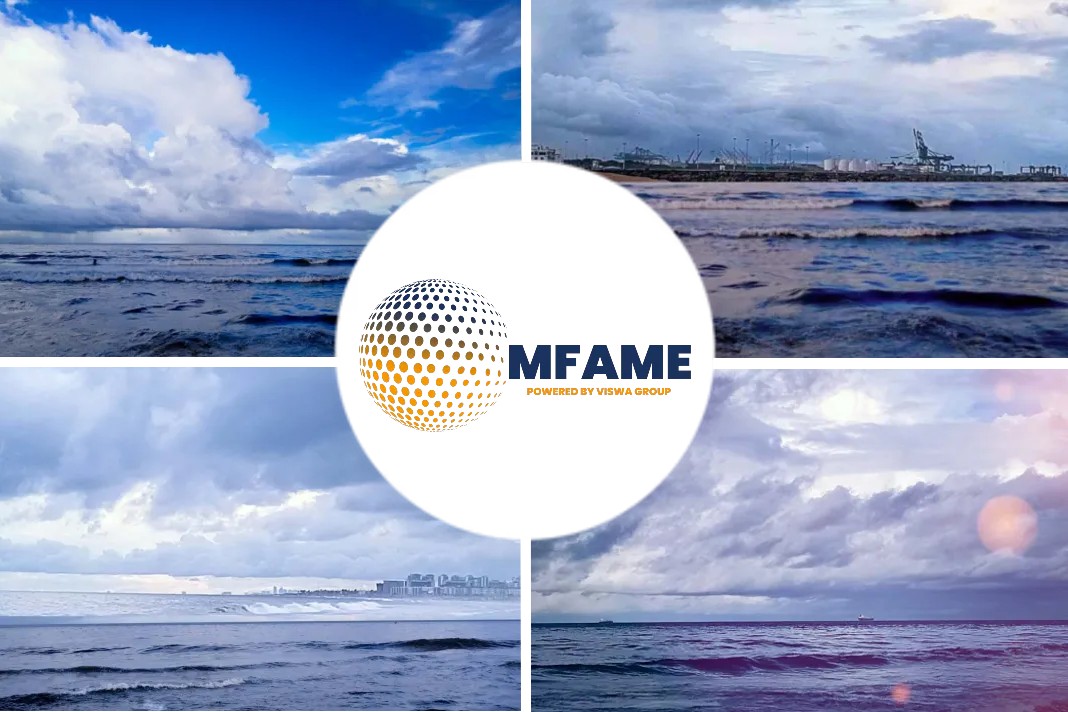A Practical Guide to the Selection of Energy Efficiency Technologies for Ships has been published by the Global Industry Alliance to Support Low Carbon Shipping (Low Carbon GIA) under the IMO Norway GreenVoyage 2050 Project, reports Safety4sea.
Guidance on considerations and operational practices
Together with its accompanying Excel tool, the Guide aims to support shipowners looking into retrofits, with helpful guidance on considerations and operational practices that should be taken into account when selecting relevant technologies.
“Transparency of performance is a key barrier to the uptake of Energy Efficiency Technologies for ships – or EETs. We hope that the publication of this Guide and its accompanying tool, will support shipowners and operators, particularly those with limited in-house technical departments, to assess the energy saving potential of EETs and enable a more informed comparison between different technologies,” said Mr. David Connolly, Chief Technologist at Silverstream Technologies and Chair of the Low Carbon GIA Energy Efficiency Technologies and Operational Best Practices workstream.
The Guide provides a simple methodology for shortlisting technologies, based on a set of eight evaluation criteria – similarity, plausibility, accuracy, overall and specific volume of orders, repeat orders, consistency and compatibility.
“Traffic light” scoring system
The methodology and the associated Excel-based high-level assessment tool are designed to be user-friendly, and do not require specialist technical knowledge, using a “traffic light” scoring system to help in narrowing down and ranking the available choices according to the level of confidence that shipowners may have in the ability of a given technology to deliver on the vendor’s performance claims.
The guide is primarily aimed at shipowners and ship operator. Equipment suppliers and technology providers may also find the methodology and high-level assessment tool useful, in order to increase confidence in their performance claims.
Did you subscribe to our daily Newsletter?
It’s Free! Click here to Subscribe
Source: Safety4sea
















